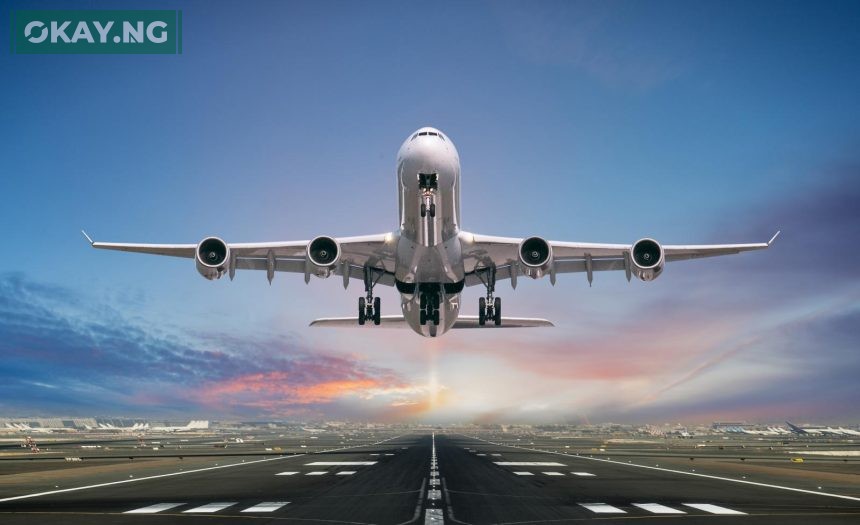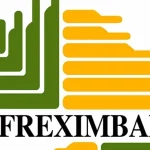As the aviation industry experiences a seasonal lull, airlines operating routes between Nigeria and Europe are strategically reducing fares and introducing promotional offers to attract passengers. This adjustment reflects the typical low travel season, which occurs between February and May, a period marked by decreased travel demand.
British Airways, for instance, has recently offered premium economy tickets to London at a significantly reduced rate of $300, a stark contrast to the usual prices exceeding $1000. This trend is mirrored across various carriers, with one-way economy class tickets from Lagos to European destinations seeing a 15-25 percent price drop from the peak summer 2024 rates, which ranged between N2 million and N3 million. Currently, a Lagos to London Gatwick ticket costs between N1.5 million and N1.8 million, while routes to France, Amsterdam, and Brussels range from N1.5 million to N1.9 million, N1.6 million to N1.9 million, and N1.6 million to N1.8 million, respectively.
Business class fares have also seen substantial reductions. Tickets from Lagos to European destinations, which previously ranged from N5 million to N9 million during the summer, are now priced between N4 million and N6.8 million for London Heathrow, N3.2 million and N8 million for France, N5 million and N7.4 million for Berlin, N4.2 million and N8.5 million for Amsterdam, and N4.8 million and N6.8 million for Brussels.
“People are not really travelling now, so airlines are doing aggressive marketing with promo fares,” explained Susan Akporaiye, former president of the National Association of Nigerian Travel Agencies (NANTA). “Whatever ticket price you are seeing that looks cheap must either be a promo fare or because the rate of airlines’ exchange has stabilised. These have kept the fares a bit stable. Once we enter the high season, the fares will change.”
Read Also: Nigerian Airlines to Receive Boost from Afreximbank Aircraft Financing
Alex Nwuba, president of the Aircraft Owners and Pilots Association of Nigeria, attributed the price reductions to the favourable operational environment in Europe. “Europe offers a healthy mix of premium and low-cost airports with varying charges, lower handling charges, lower cost of doing business, and a healthy policy environment, which they can pass onto passengers in the form of low fares,” Nwuba stated. “The reverse is clearly the case in Nigeria where airlines are held hostage by the system itself, which translates into higher cost of operations and higher fares.”
Global aviation trends also contribute to these price adjustments. Air France CEO, Ben Smith, acknowledged the airline’s strategy to maintain full economy cabins on transatlantic flights by reducing ticket prices due to weakening international travel demand. This trend is further compounded by broader economic factors, including potential tariffs and a general consumer pullback on travel bookings. Delta Air Lines, American Airlines, and Southwest Airlines have all revised their first-quarter forecasts due to lower-than-expected bookings.
The impact is evident in the stock market, with airline stocks experiencing significant declines. “The level of sell-off is worse than the reality right now, but it doesn’t necessarily mean it won’t be the reality six months from now,” aviation analyst Savanthi Synth told CNBC.
For Nigerian travelers, this period presents an opportunity to secure more affordable airfares to European destinations. However, it is essential to remain aware that these prices are subject to change as the peak travel season approaches.













